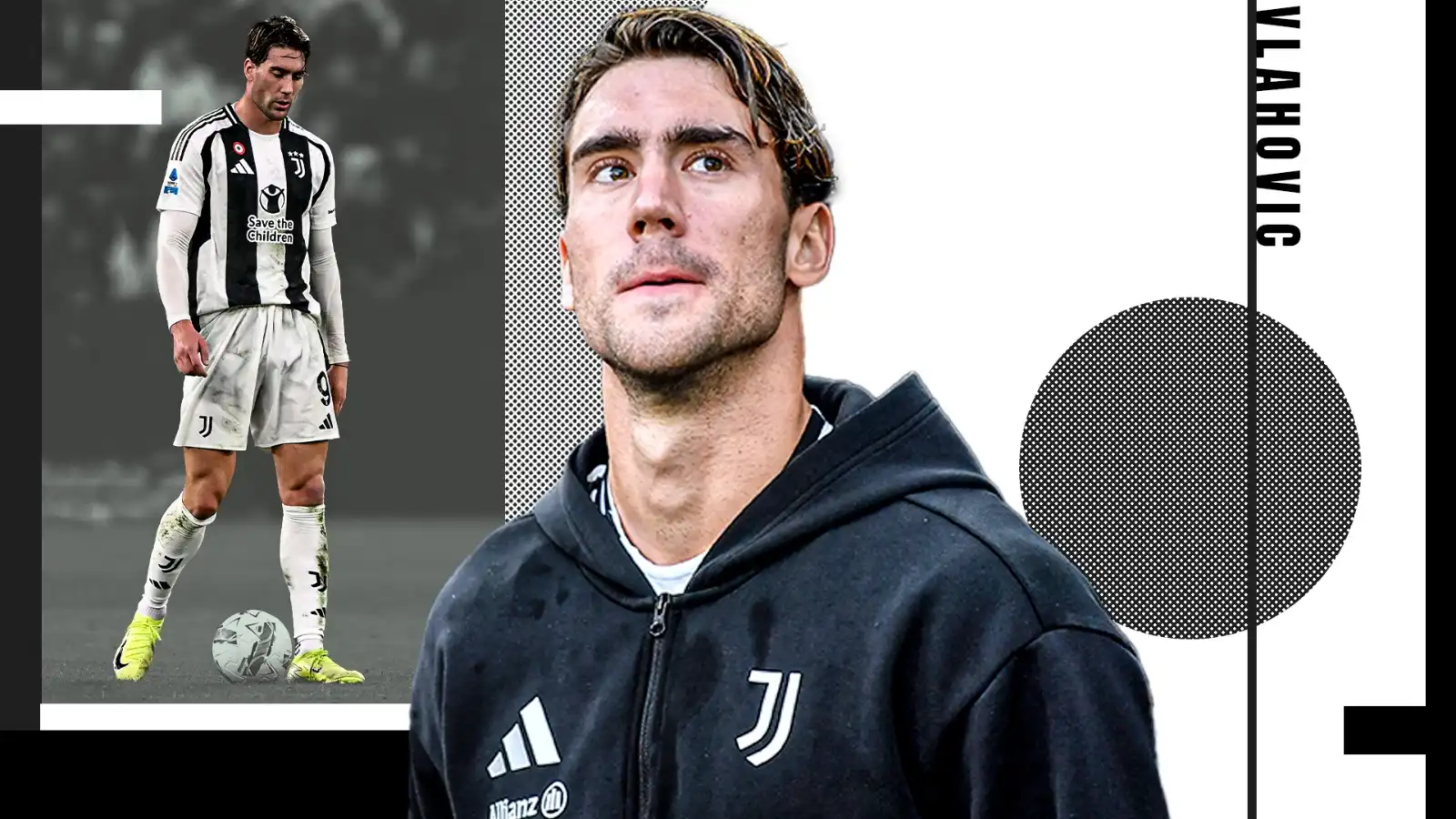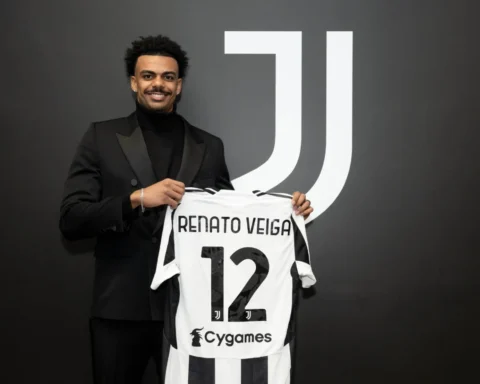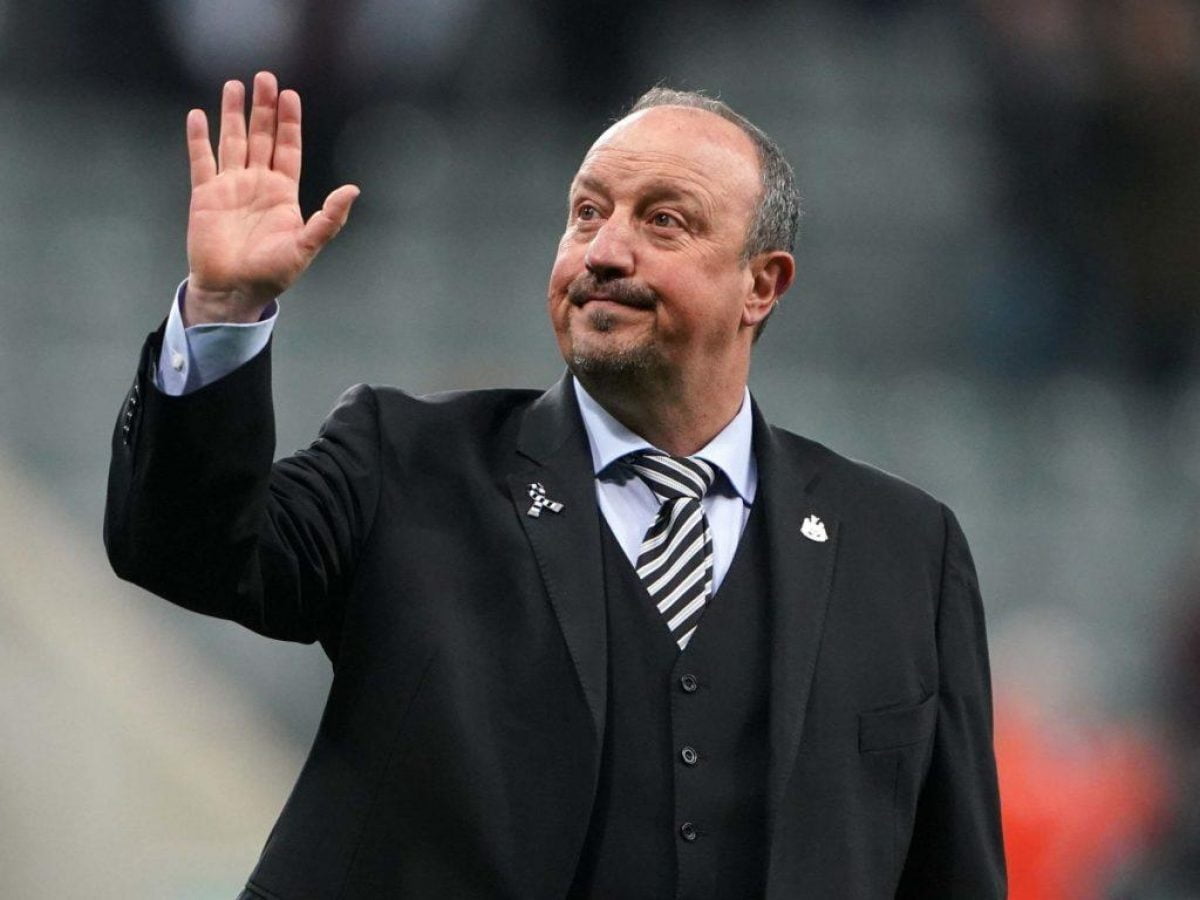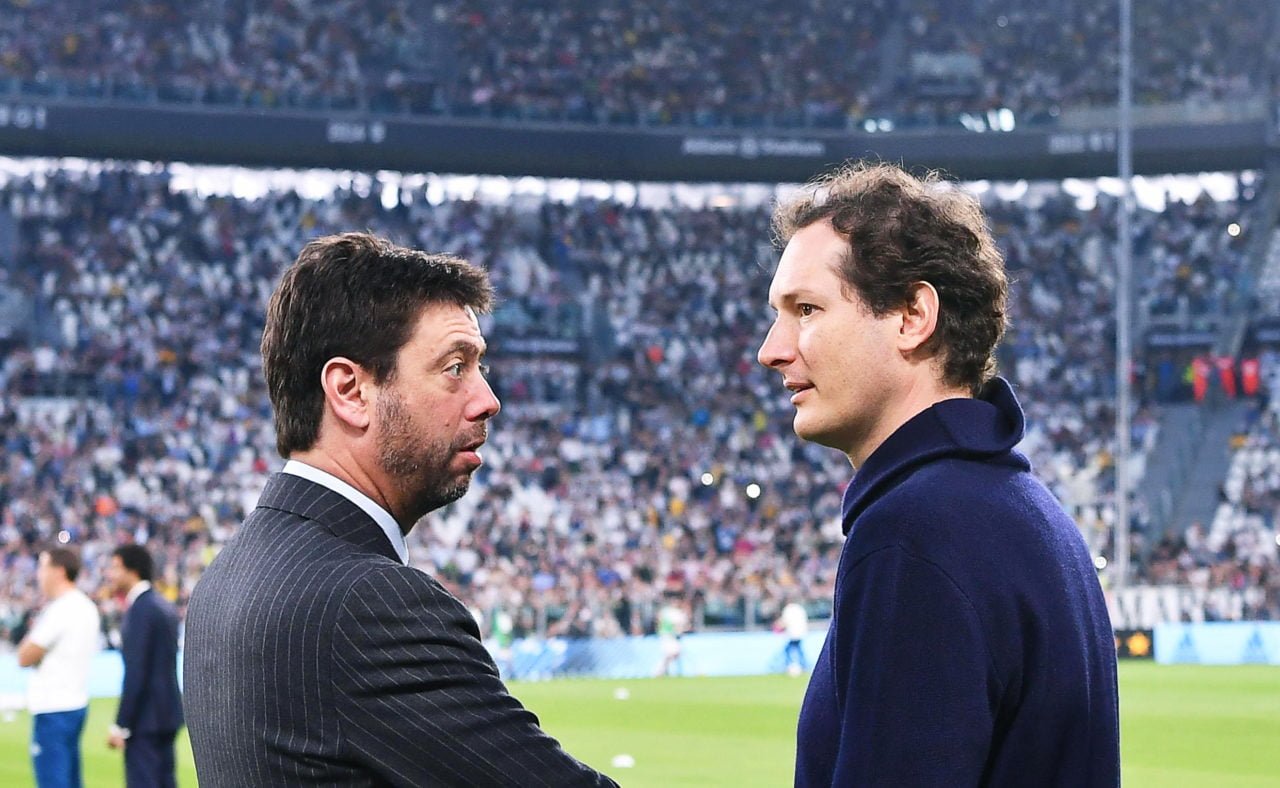Dusan Vlahovic’s relationship with Juventus continues to be a rollercoaster of highs and lows both on and off the pitch. While recent reports suggest a reconciliation with ultras groups following a public spat, a more pressing concern for the club is the Serbian striker’s contract situation. With his current deal set to expire on June 30, 2026, a worrying scenario is emerging, according to La Repubblica.
To understand the situation, it’s crucial to examine the financial aspects of Vlahovic’s transfer and contract. Juventus acquired him from Fiorentina on January 28, 2022, for a total of 85.357 million euros, including bonuses. The striker signed a four-and-a-half-year contract with an escalating salary, which has now reached 12 million euros net annually. The annual amortization cost is 19 million euros, with his residual value on the balance sheet estimated at around 29.5 million euros by December 31, 2024.
As Vlahovic enters the final year of his contract next season, his current salary is incompatible with Juventus’ new industrial plan, which aims to reduce annual costs. Sporting Director Cristiano Giuntoli has been in talks with the player’s agents for some time, seeking to either reduce the fixed salary component (lowering the base wage while maintaining high bonuses) or spread it over a longer period. However, these discussions have yet to yield any concrete progress.
La Repubblica suggests that if Vlahovic fails to agree to a contract renewal at lower terms, Juventus might consider sidelining him for his final year, similar to the situation with Federico Chiesa in the summer of 2024. In Chiesa’s case, Juventus ultimately accepted a last-minute offer from Liverpool to offload his salary and secure a minimal transfer fee.
This “Chiesa scenario” is one that neither party desires, but it’s increasingly seen as a real possibility. A January transfer market exit, without a contract renewal, could be the optimal solution for both Vlahovic and Juventus. The club faces a delicate balancing act between maintaining their financial stability and retaining a potentially valuable asset on the field.





